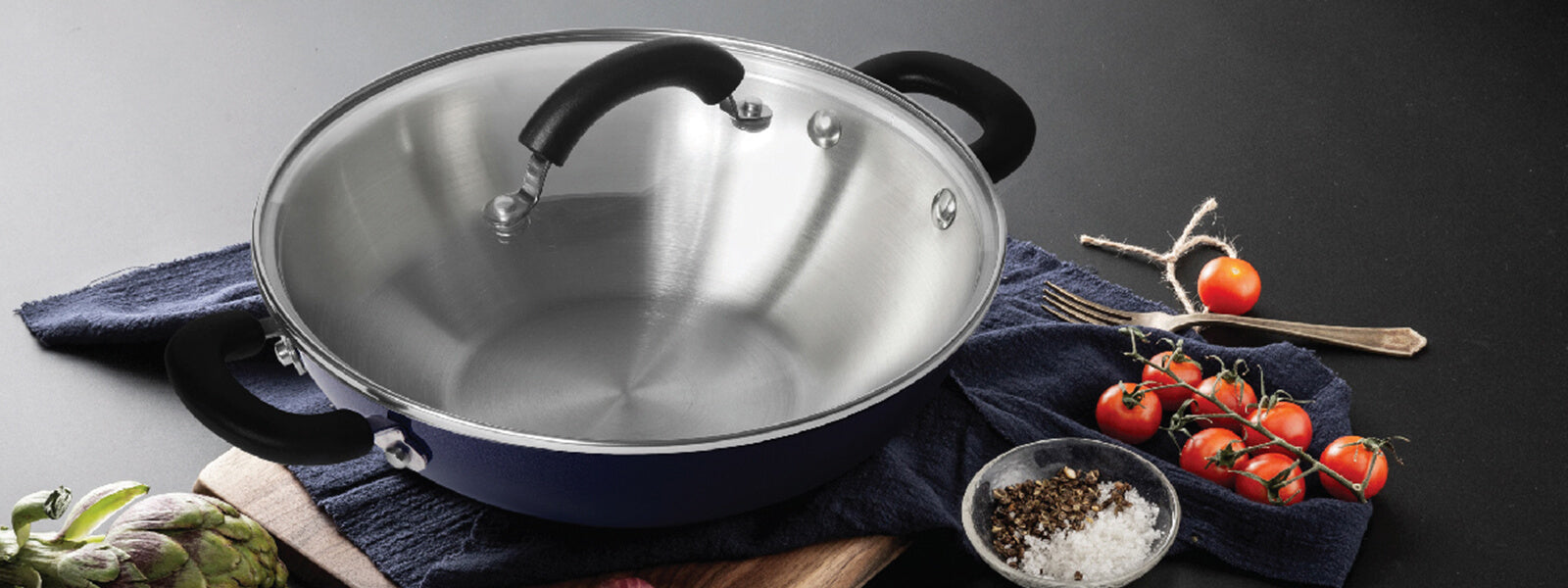Berries, including blueberries, strawberries, raspberries, and blackberries, offer not only a burst of delicious flavor but also notable benefits for digestive health. Packed with dietary fiber, berries contribute to improved digestion by promoting regular bowel movements and preventing constipation. The soluble fiber in berries, such as pectin, acts as a prebiotic, nourishing beneficial gut bacteria and supporting a healthy microbiome. Berries are also rich in antioxidants, particularly flavonoids, which possess anti-inflammatory properties. These antioxidants help reduce oxidative stress in the digestive system, potentially lowering the risk of inflammatory conditions. Additionally, the natural sugars in berries provide a gentle energy source that can be particularly beneficial for those with sensitive digestive systems. Including a variety of berries in your diet can be a delightful way to enhance gut health and savor the numerous nutritional benefits these vibrant fruits offer.
Table of Contents
What Are Berries?
Berries are small, fleshy fruits that typically grow on flowering plants and are often characterized by their vibrant colors, sweet or tart flavors, and tiny seeds embedded in the flesh. While there are numerous varieties of berries, some of the most common types include:
- Blueberries: Small, round berries that are typically blue in color, known for their sweet taste and high antioxidant content.
- Strawberries: Juicy, red berries with a sweet flavor and distinctive seeds on the outer surface.
- Raspberries: Red or black berries composed of multiple smaller drupelets, known for their slightly tart taste.
- Blackberries: Dark purple-black berries with a sweet and slightly tart flavor, composed of numerous smaller drupelets.
- Cranberries: Small, red berries often associated with a tart taste, commonly used in juices and sauces.
- Goji Berries: Small, red berries native to Asia, known for their sweet taste and nutritional benefits.
- Acai Berries: Small, dark purple berries from the Amazon rainforest, often consumed for their potential health benefits.
- Currants: Small, round berries that can be red, black, or white, known for their tart flavor.
Berries are not only delicious but also packed with nutrients, including vitamins, minerals, antioxidants, and dietary fiber. They are commonly enjoyed fresh, added to cereals, salads, or desserts, and used in the production of jams, juices, and smoothies. Due to their rich nutritional profile, berries are often considered a healthy addition to a balanced diet.
Are All Berries Equally Healthy?
While all berries are generally considered healthy and nutritious, they may vary in terms of specific nutrients and health benefits. Each type of berry has its unique combination of vitamins, minerals, antioxidants, and dietary fiber. Here's a brief overview:
- Blueberries:
- Known for their high antioxidant content, particularly anthocyanins.
- Rich in vitamins C and K, manganese, and fiber.
- Strawberries:
- Excellent source of vitamin C, manganese, and antioxidants.
- Contains ellagic acid, known for its potential anti-cancer properties.
- Raspberries:
- High in dietary fiber, providing digestive benefits.
- Rich in vitamins C and K, manganese, and antioxidants.
- Blackberries:
- Packed with vitamins C and K, manganese, and dietary fiber.
- High antioxidant content, including anthocyanins.
- Cranberries:
- Known for their tart flavor and high vitamin C content.
- Often consumed for potential urinary tract health benefits.
- Goji Berries:
- Considered a superfood, rich in vitamins A and C, iron, and antioxidants.
- Contains unique compounds like zeaxanthin and beta-carotene.
- Acai Berries:
- High in antioxidants, including anthocyanins.
- Contains healthy fats and may have potential heart health benefits.
- Currants:
- Red currants are rich in vitamin C and antioxidants.
- Black currants are particularly high in vitamin C and anthocyanins.
Are Berries Good For Digestion?
Yes, berries are excellent for digestion, offering a range of benefits that promote gut health. Here are some reasons why berries are considered good for digestion:
- Rich in Dietary Fiber:
- Berries, such as blueberries, strawberries, raspberries, and blackberries, are high in dietary fiber. Fiber is crucial for maintaining digestive regularity, preventing constipation, and supporting a healthy gut.
- Prebiotic Properties:
- The soluble fiber in berries, particularly pectin, acts as a prebiotic. Prebiotics provide nourishment for beneficial gut bacteria, contributing to a balanced and thriving gut microbiome.
- Antioxidant Content:
- Berries are rich in antioxidants, including flavonoids. Antioxidants help reduce oxidative stress in the digestive system, potentially lowering the risk of inflammation and promoting overall gut health.
- Natural Sugars for Energy:
- The natural sugars present in berries provide a gentle and easily digestible source of energy. This can be particularly beneficial for individuals with sensitive digestive systems or those looking for a nutritious and low-calorie snack.
- Anti-Inflammatory Properties:
- The antioxidants in berries, particularly flavonoids, have anti-inflammatory properties. This can help reduce inflammation in the digestive tract and may be beneficial for conditions associated with inflammation, such as inflammatory bowel diseases.
- Hydration:
- Berries have a high water content, contributing to hydration. Proper hydration is essential for maintaining the mucosal lining of the digestive tract and supporting overall digestive function.
Gut Healthy Potentials Of Berries:
Berries, encompassing a spectrum of vibrant fruits like blueberries, strawberries, raspberries, and blackberries, boast significant gut-healing potential. Packed with dietary fiber, these berries foster digestive wellness by promoting regular bowel movements and preventing constipation. The soluble fiber, particularly pectin, acts as a prebiotic, nourishing beneficial gut bacteria and cultivating a harmonious microbiome. Laden with antioxidants, notably flavonoids, berries combat oxidative stress in the digestive system, potentially mitigating inflammation and supporting overall gut health. The natural sugars present offer a gentle energy source, catering to those with sensitive digestive systems. Embracing berries in one's diet, whether enjoyed fresh or incorporated into various dishes, unveils a delectable and nutrient-rich strategy to enhance digestive vitality and relish the multifaceted nutritional benefits these colorful fruits provide.
Ways To Incorporate Berries For Better Gut Health:
Incorporating berries into your diet for better gut health can be both delicious and nutritious. Here are various ways to enjoy these vibrant fruits:
- Fresh Berry Bowl:
- Create a colorful and nutritious bowl by combining different berries like blueberries, strawberries, and raspberries. Add a drizzle of honey or a sprinkle of chia seeds for extra flavor and fiber.
- Berry Smoothies:
- Blend a mix of berries with yogurt, milk, or a dairy-free alternative for a refreshing and gut-friendly smoothie. Include a handful of spinach or kale for added nutrients.
- Berry Parfait:
- Layer Greek yogurt with fresh berries and granola to create a tasty and visually appealing parfait. This provides a combination of probiotics from yogurt and fiber from berries.
- Mixed Berry Salad:
- Toss berries into your favorite green salad for a burst of sweetness. Pair with a light vinaigrette for added flavor.
- Berry Oatmeal:
- Stir fresh or frozen berries into your morning oatmeal for a nutrient-packed and fiber-rich breakfast that supports digestive health.
- Homemade Berry Jam:
- Prepare a homemade berry jam using fresh berries, chia seeds, and a touch of sweetener. Spread it on whole grain toast or use it as a topping for yogurt.
- Berry Yogurt Popsicles:
- Mix blended berries with yogurt and freeze the mixture in popsicle molds for a refreshing and probiotic-rich treat.
- Berry Infused Water:
- Enhance your hydration by adding a handful of berries to your water. This imparts a subtle flavor while providing antioxidants.
- Baked Goods with Berries:
- Incorporate berries into muffins, pancakes, or oat bars for a delicious and fiber-packed snack.
- Berries and Nut Butter:
- Pair berries with nut butter for a satisfying and nutrient-dense snack. Nut butter adds healthy fats, and the combination is both tasty and filling.
- Berry Salsa:
- Create a salsa using berries, tomatoes, onions, cilantro, and lime juice. This vibrant salsa can be a flavorful topping for grilled chicken or fish.











Leave a comment